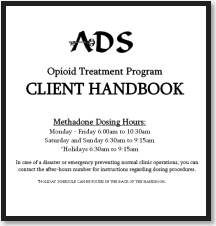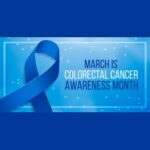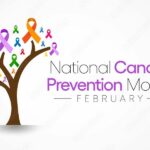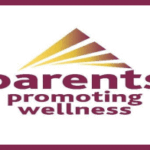Research has shown that patients that who feel appreciated and rewarded for their efforts and accomplishments, are patients who will continue to behave in a manner that is consistent with strong, healthy recovery.
Here at ADS, we strive to provide this type of reinforcement, and have instituted an incentives program that helps to recognize the individual achievements of our patients.
1) Tokens — In an attempt to emulate the 12 Step system for acknowledging progress, different color tokens will be awarded to clients based upon the number of consecutive days that they have been abstinent from illicit substances. Each counselor will have access to tokens, and presentations can be made in individual sessions, or in group (whichever the client prefers). The primary counselor and the client will both share responsibility in tracking “clean time”.
The following schedule will apply:
Clean Time Token Color
New or Start over White
30 days Red
60 days Blue
90 days Green
180 days Yellow
270 days Orange
1+ Year Anniversaries Black
All tokens are emblazoned with the phrase “Experience, Strength, and Hope”.
2) Breakfasts — In an effort to increase safe and healthy socialization amongst clients and their support persons, the OTP staff will serve periodic breakfasts during the course of the year which will be open to all OTP clients and a guest. Food will be prepared by staff, and guests will be served by staff. During this same time slot, literature will be made available, a question/answer period will be made available, and support persons will be offered a tour of the facility. Our hope is that the stigma of “the Methadone Clinic” can be changed by this process, and that family/friends will feel welcome here at the facility. We are also hopeful that this will eventually spin off a group of willing support persons, or at the minimum, support persons will be more inclined to engage in individual sessions with their loved ones.
3) Coffee & Snacks — It is our intent that the group sessions be as comfortable as possible. The OTP staff feels that the group process is more productive when clients can have their morning coffee and a light snack. Every OTP group will start each session with a pot of hot coffee and enough breakfast snacks for each participant.
4) Fish Bowl — Research continues to show that clients who are regularly recognized for their achievements maintain a sense of accomplishment, and tend to do better (longer periods of abstinence) over a longer period of time. ADS will utilize the “fish bowl” protocol to award prizes to clients who have demonstrated their ability to meet specific treatment goals. Please discuss this program with your primary counselor, and ask to visit the prize store.
The “bowl” contains 100 marbles of four different colors. Each color designates the number of prizes that can be selected from the prize “store”. Participants may choose one marble. All prizes are of equal value.
50 marbles are one color = one prize is awarded.
35 marbles second color = two prizes are awarded
12 marbles third color = three prizes are awarded
3 marbles fourth color = four prizes are awarded.
Incentives are earned as per the following schedule (the levels are referring to the Treatment Levels as outlined on page 18 of this handbook):
Levels 1, 2, 3
For every 30 days of perfect *attendance Fish Bowl
30, 60, 90, 180 abstinence Token
3 consecutive negative UDS Certificate, Fish Bowl
Family/Support person session Fish Bowl
Levels 4, 5
For every 60 days of perfect attendance Fish Bowl
270, 360 abstinence Token
3 consecutive negative UDS Certificate, Fish Bowl
Family/Support person session Fish Bowl
Levels 6, 7, 8, 9
For every 90 days of perfect attendance Fish Bowl
1 year Sobriety Token
6 consecutive negative UDS Certificate, Fish Bowl
Family/Support person session Fish Bowl
*Attendance includes both group and individual sessions.
Some of these guidelines may be subject to minor changes or improvements. It should also be noted that this program is time limited. We have no guarantee that we will receive assistance for this program on an ongoing basis. When prizes and funding run out, the project will end until we have another funding opportunity. In the meantime, this is designed to be a fun experience that hopefully shows you that we appreciate your hard work!!












